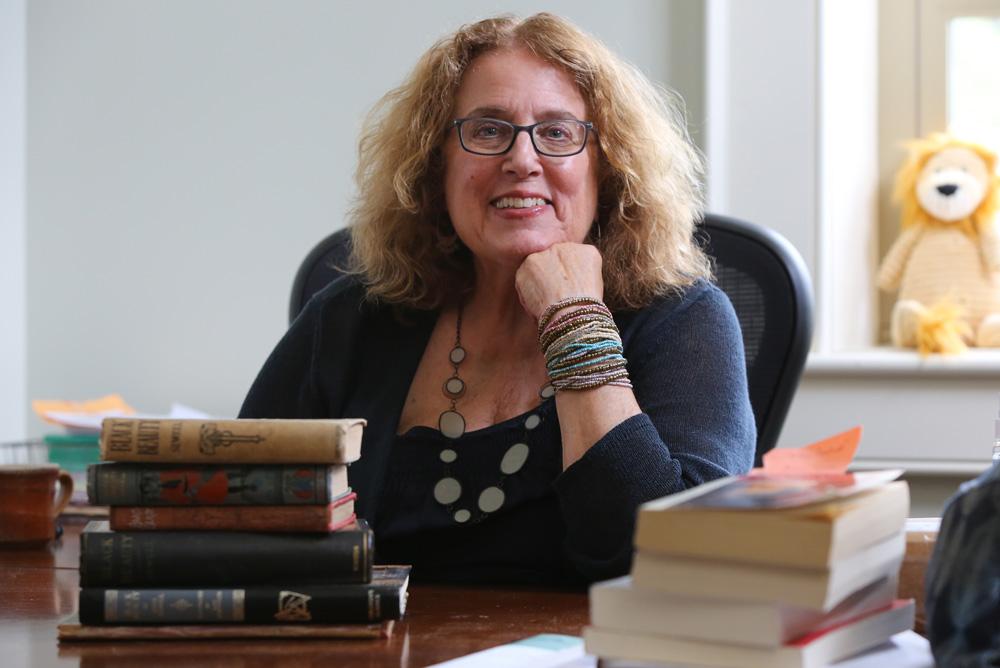Gender, Sexuality, and Women's Studies Events
[PAST EVENT] Fall 2019 Tack Faculty Lecture
Location
Sadler Center, Commonwealth Auditorium200 Stadium Dr
Williamsburg, VA 23185Map this location
Access & Features
- Open to the public
- Registration/RSVP

- Deborah Denenholz Morse, Sara E. Nance Professor of English
- "Liberating Black Beauty: A narrative on animal rights, gender, race, and nation"
- Wednesday, October 23, 2019
- 7 p.m.
- Commonwealth Auditorium, Sadler Center
- RSVP requested
Black Beauty, written by Anna Sewell and published in 1877, has been widely consumed as a children’s novel, but Deborah Morse, professor of English, contends that the book was so powerful it changed public consciousness on many levels, including animal rights.
Morse, who has written extensively on the subject, will delve into this topic during her Tack Faculty Lecture titled, “Liberating Black Beauty: A narrative on animal rights, gender, race and nation,” on October 23rd at 7pm in the Commonwealth Auditorium.
Morse, who teaches a popular animal studies class in the spring called Victorian Animal Dreams, has read everything ever published about Black Beauty, and has written about the novel in an assortment of published works, including Victorian Animal Dreams: Representations of Animals in Victorian Literature and Culture with co-editor Martin A. Danahay.
“It has become like a classic of animal studies criticism,” Morse said. “We had no idea it would have this enormous impact.”
Morse says Black Beauty was originally written by Sewell to teach working class men how to guide and care for their horses. “It is now taught mostly in animal studies courses, but it can be read as a slave narrative and is heavily influenced by the Quaker abolitionist movement, as Sewell was a Quaker,” Morse said. “It can also be read as a feminist narrative, as women and girls stand up for the right treatment of animals throughout the book.”
